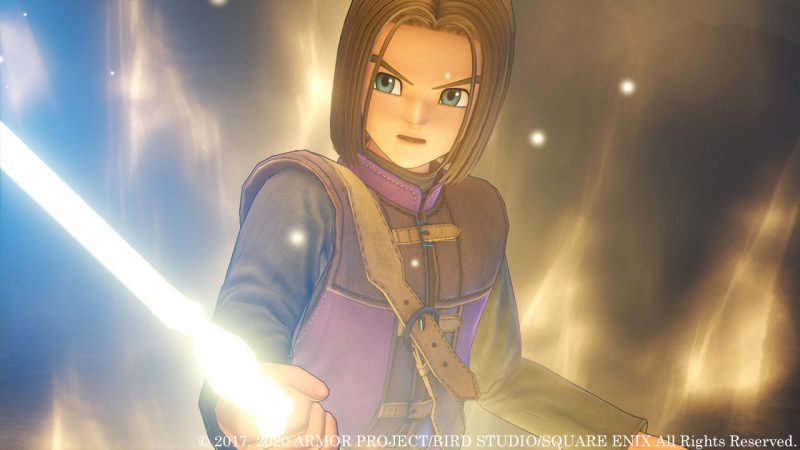Square Enix, the titan behind Final Fantasy, Kingdom Hearts, and Dragon Quest, has never been one to rest on its laurels. It may have recently welcomed the best-selling launch of Final Fantasy 16, but it’s already working on Final Fantasy 7 Rebirth, which comes out early next year. But, the company isn’t just staking its future on creating beloved RPGs with its captivating stories and intricate gameplay. Going forward, Square wants to make sure that its technology isn’t behind the times. Most recently, the company filed a new patent to redefine Non-Player Characters in games with an innovative system that lets players train them.
As per Exputer, the company has unveiled a new patent entitled “Video Game Coaching Session”. This technology aims to make the NPCs smarter and more sophisticated, evolving their in-game behavior through a training mechanism facilitated by the players. No longer mere bystanders or predictable automaton, NPCs may be set to acquire a degree of autonomy that is as impressive as it is ground-breaking.
The patent focuses on the concept of coaching or instructing NPCs on how to act, behave, and react in any given situation. Instead of direct control, players will issue commands, set examples, and provide contextual feedback. In essence, this will be a dramatic shift from traditional gaming AI paradigms: players will be teachers, shaping the behavior and skill set of their NPC companions.

This system is reminiscent of Capcom’s Dragon’s Dogma’s “Inclinations” system, which lets players guide their main pawn’s behaviour. But with Square Enix’s patent, the interaction is taking things to a whole new level of complexity and depth. As NPCs undergo training, their behavior becomes more consistent and predictable, meeting player expectations. This player-NPC interaction holds promise for increasing player satisfaction and immersion.
Applicable to a variety of genres – from fighting and action-adventure to simulation and strategy – the training sessions described in the patent are intriguingly dynamic. For instance, in a fighting game, the player could choose an enemy for the NPC to fight against in a coaching session. In this scenario, both characters could learn new moves and skills, enhancing their performance and adaptability in future battles.
Nevertheless, despite the excitement surrounding the patent, it’s crucial to remember that its practical implementation may not be immediate. Square Enix has a track record of publishing intriguing patents that suggest game-changing mechanics, but their transition into actual gameplay can take time.

Of course, while this attempt at innovation is commendable, the concept of NPC training in gaming isn’t entirely new. Many games, like the aforementioned Dragon’s Dogma, and even Black and White, dabbled with similar mechanics. The latter, in particular, saw the programmer responsible for this mechanic, Demis Hassabis, go on to become the current CEO and one of the co-founders of DeepMind, which was later acquired by Google.
Regardless of what comes of this attempt, we’re hoping Square Enix doesn’t sideline this technology in the future at the expense of going something more mainstream.
We can only imagine just how much more useful this NPC training can be in a remaster or remake of Final Fantasy Tactics, allowing players to “train” the other combatants on the field so that they know what to do without being told.

Of course, this is still a big IF. But, with Square Enix’s experimental approach with FF16 resulting in the series breaking past the 180-million-mark, who’s to say that it won’t try out something new much sooner? For now, Square is sitting on a bevy of titles that it’s planning to re-introduce to modern audiences. At the same time, the remakes of older games, such as Final Fantasy 9 and Final Fantasy X, are both in the works. With so much going on, Square has the luxury of choosing one project to try this mechanic out before applying it to its more mainstream titles.

